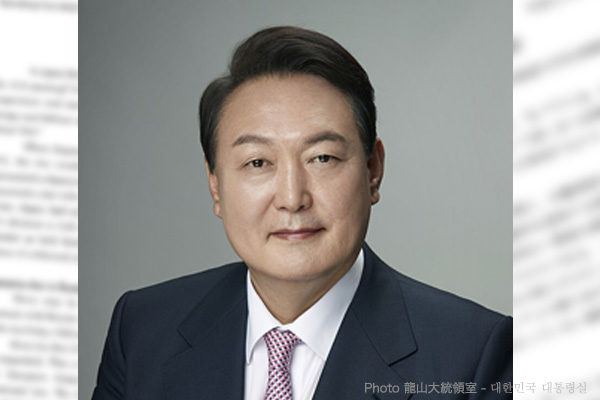On April 4, South Korea’s Constitutional Court removed President Yoon Suk Yeol. South Korea has thus managed to dismiss the president who declared martial law while being obsessed with conspiracy theories.
Dismissal of President Yoon over martial law declaration
The Constitutional Court unanimously recognized the declaration of martial law as a serious violation of the Constitution and law. South Korea’s Constitution gives the president the power to declare martial law in the event of a national emergency such as war and riot. In the martial law statement and Constitutional Court hearings, Yoon and his lawyers argued that the requirement for the martial law declaration was met as the opposition-dominated National Assembly has become a den of criminal gangs, paralyzing the country’s judicial and administrative systems through legislative dictatorship, and attempting to overthrow the liberal democratic system. They also claimed that there were large-scale irregularities through the intervention of foreign forces in the April 2024 general election where the current National Assembly members were elected, and that the martial law declaration represented a “warning martial law” and an “enlightenment decree” to inform the public of the opposition camp’s tyrannicalness.
However, the Constitutional Court said that conflicts with opposition parties and suspicions of election fraud were issues that should be resolved through political, institutional, and judicial means, and cannot be solved by military mobilization. It also said that the warning to the public did not constitute the purpose of martial law stipulated in the Constitution.
The only act of violence by Yoon supporters that was alarming after his dismissal was a man smashing the window of a police car with a hammer, for which he was arrested. Yoon himself just encouraged supporters without expressing any remorse or apology.
South Korean conservatives have suffered heavy damage this time. In about four months after the impeachment of Yoon by the National Assembly, the mainstream of the ruling People Power Party that opposed the impeachment, conservative media that kept from fighting against conspiracy theories, except for the Dong-A Ilbo, and Christian conservatives who continued to hold large-scale rallies against the impeachment throughout the country have moved closer to the far right or right-wing totalitarianism. If conservatives fail to reject Yoon and his far-right line in the early June presidential election, the reconstruction of the conservative camp will be difficult. So far, however, there are only a few conservative politicians, media, or intellectuals who have such a sense of crisis.
Leftist government may reignite Japan-South Korea friction?
Meanwhile, Lee Jae Myung, the leader of the main opposition Democratic Party of Korea, advocates “centrist conservatism” and has met with the Japanese and U.S. ambassadors to Seoul consecutively to call for strengthening cooperation between the three countries. According to several veteran political reporters in South Korea, Lee is not a Juche ideologue subjected to North Korea, but a power-hungry opportunist. In addition, he has a strong grudge against former President Moon Jae In, who is also a leftist. and could arrest Moon if being elected president. Korean politics is deeply intricate.
However, Lee is completely obsessed with anti-Japanese and anti-South Korean views on history. If he is elected president, there will be considerable friction between Japan and South Korea over historical awareness issues. That is why Japan should never apologize to South Korea easily.
Tsutomu Nishioka is a senior fellow and a Planning Committee member at the Japan Institute for National Fundamentals and a specially appointed professor at Reitaku University. He covers South and North Koreas.


